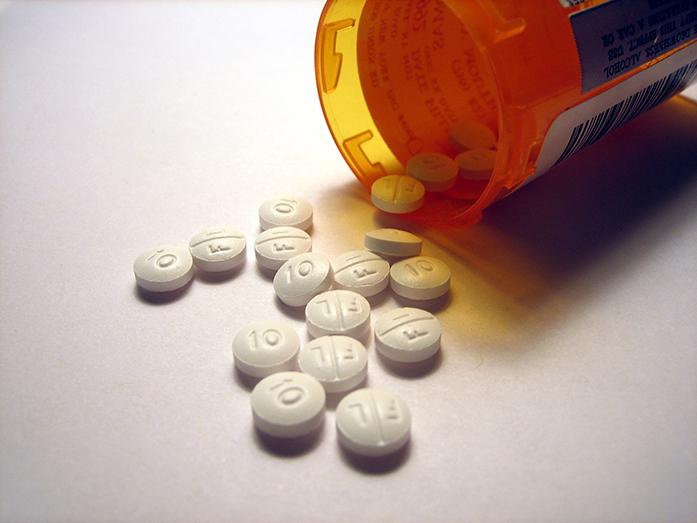In African-American communities, there are many people who suffer from mental illnesses in silence. This is partly because of the cost along with the stigma tied to it, and the lack of representation for African Americans among mental health professionals.
From my experience, I’ve seen and heard of many people having mental illnesses on television, and that made me think that it was not a black problem. It is in indeed a problem because the community has stigmatized mental health. The stigma around it is that if you see a psychiatrist or a therapist, then you are weaker than your counterparts. This is not the case, and I would like to say that I am an example.
Last school year, I started on a journey of self-discovery in which I got my mental health in order. I went to the hospital for a routine checkup, and I had to fill out a paper on my mental health. The doctor asked: How long have you been feeling this way? My response: I’m not sure, but it has been a while now. The doctor returned with another doctor to confirm what I had written on the checklist, and I was prescribed depression medicine and made an appointment with a psychiatrist. I did not tell my mother or my sister about it. This was something that I dealt with alone. My friends helped me, but I was mainly alone in the process. I usually do not go to the doctor because that is the way that I have been conditioned to be. The only other times I go to the doctor are when something is terribly wrong. Also, being put on regular medication is something of a sentence. I have never needed to take something every day to ensure my health; the closest that I got was a Flintstones vitamin. If I ever had an issue, I turned to my family for support. But the problem that arises is: what happens when you are not comfortable talking to your family about a topic? Then silence is the next step.
There are strong cultural biases against doctors and mental health professionals. According to the National Alliance on Mental Health, 2 percent of psychiatrists, 2 percent of psychologists, and 4 percent of social workers are African American. This is startling because many feel comfortable and can easily relate with a professional with the same cultural background. The U.S. Department of Health and Human Services Office of Minority Health says that African Americans are 20 percent more likely to report having serious psychological distress than other minorities. I believe this to be a true statistic because there are numerous stressors that are added when your skin possesses abundances of melanin.



